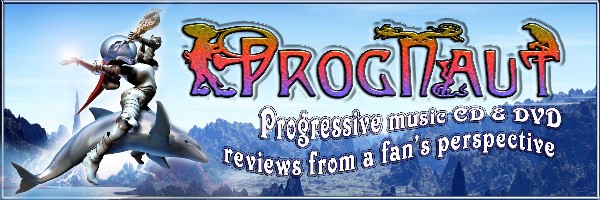Esoteric Recordings is fast becoming one of my favorite labels. In recent months a number of excellent progressive gems from around the globe have been remastered and re-issued by Esoteric, including all three studio albums from FLASH, featuring x-YES guitarist Peter Banks.
I’ve never been an advocate for tabloid journalism and the sordid details behind an individual’s departure from an established band; so whether Banks was booted out of YES or he chose to leave for reasons of his own held no great interest for me. But there was considerable anticipation as to what direction Banks would take his new group FLASH.
And I might add I was a bit perplexed yet pleasantly surprised by the self-titled debut album.
Why would he abandon YES to make his own music (or why would the members of YES boot him out for musical differences) when the self-titled debut album was arguably a far better YES album than their first two efforts: “Yes” (1969) and “Time And Word” (1970), and comparable to the first post-Banks release “The YES Album”.
At the time of the FLASH debut album and the release of “The YES Album” the two bands were nearly imperceptible. Both featured superb guitarists in Banks and Howe, both were graced with a solid rhythm section, the two vocalists Colin Carter and Jon Anderson had a similar low testosterone vocal style, and in a strange twist both groups featured keyboardist Tony Kaye. The hit single “Small Beginnings” from the debut album could easily be mistaken for a YES tune.
But with the release of the following albums from both FLASH (“In The Can”), and YES (“Fragile”), that the gap between them widened. Whereas YES embraced the expansive multi-layered soundscape of Rick Wakeman’s arsenal of keyboards and classically inspired compositions, Peter Banks steered FLASH in a different direction, opting for a scaled down guitar driven approach with minimal keyboard work. Banks himself added a smattering of ARP Synthesizer here and there for a little texture, but it was his masterful multi-layered guitar work that dominated the recordings.
Considered ‘YES-light’ by the British Press and a majority of listeners, FLASH still fit comfortably into the British progressive rock niche even though their music was not nearly as ambitious or complex as their YES counterparts who went on to make progressive rock history with epics like “Close To The Edge”, “Tales From Topographic Oceans” and “Relayer”.
With “In The Can” Peter Banks had put sufficient distance between his new band and former bandmates and established himself a superior guitarist in his own right, on par with the man who replaced him. And best of all his compositions were catchy and FM radio friendly.
The Esoteric re-issue includes the original 5 tracks as well as two additional bonus tracks. The newly remastered version improves upon the original recording by leaps and bounds, with a superior mix and a much needed boost to the bottom end.
The collective works of Peter Banks and FLASH represent a great chapter in progressive rock history that deserves to be revisited. And for the uninitiated, “In The Can” is a great place to start.
Reviewed by Joseph Shingler on August 31st, 2010

